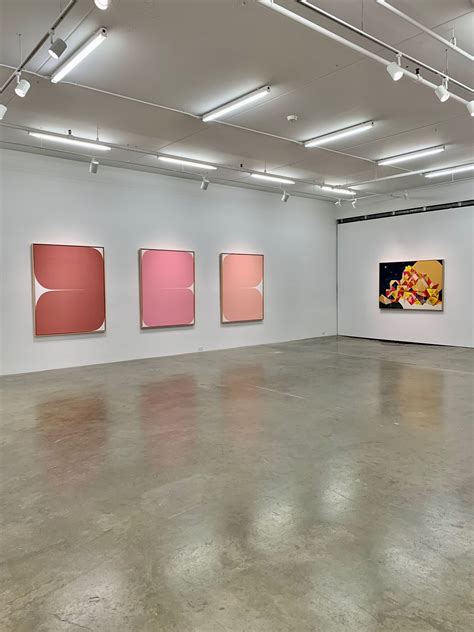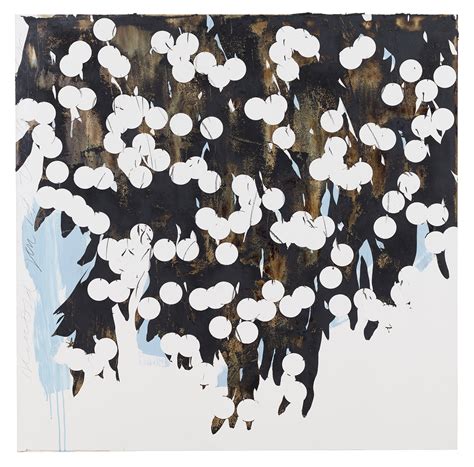A Quote by Cornelia Parker
I don't particularly look at other artists when I'm working. But references do come into my work intuitively.
Quote Topics
Related Quotes
Vulnerability of artists is definitely what makes organizations like PEN necessary because, as I tried to argue, the actual work that writers and artists do has an ornery way of surviving. Particularly in this age of the internet, it is very easy for forbidden work to be found online somewhere if you know where to look. Artists themselves, however, are in increasing danger, and not just artists. The great concern is that year after year, rising numbers of journalists are being killed in pursuit of their work.
If you look at my collaborations, it is very much in line with all these others in the sense that it is a building of community, particularly among artists of color. This is what I learned from the example of elder African-American artists, which is where it is all coming from; to refuse to be silenced.
I've never really viewed myself as particularly talented. I've viewed myself as slightly above average in talent. And where I excel is ridiculous, sickening, work ethic. You know, while the other guy's sleeping? I'm working. While the other guy's eatin'? I'm working. While the other guy's making love, I mean, I'm making love, too. But I'm working really hard at it.
I particularly love where I work because I was born, raised, and still live in the Bronx. I work in a Bronx location, so it's very fulfilling to me to be working in my home borough, and working with kids that are a lot like me and who can see themselves in me. My own teaching philosophy is to expose them to books that they might not otherwise read, particularly authors of color, authors whose stories are based in New York City.








































